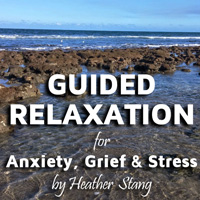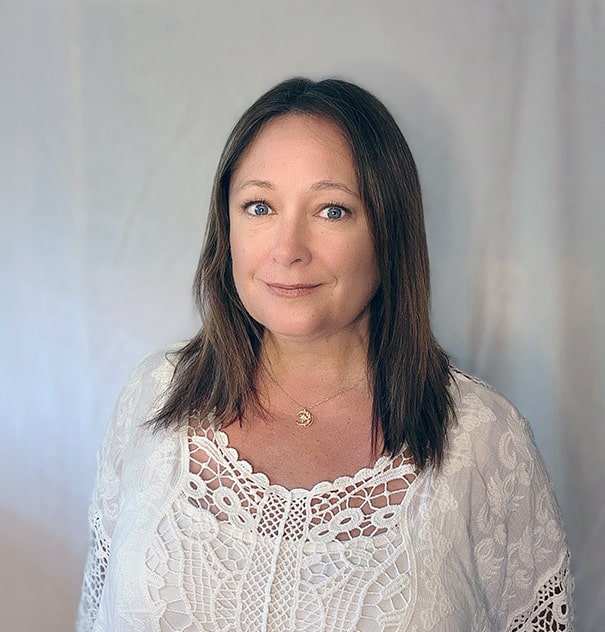[youtube]Iw5pp5010V8[/youtube]
Also Available for Free Download on Soundcloud.com
Everyone experiences grief in their own way, yet most of us agree that it takes its toll on our body, mind and emotions. And while there are many ways to soothe a grieving soul, there is one practice that I find particularly helpful for the vast majority of my clients.
It is based on the relaxation response research conducted by Dr. Herbert Benson (initially at Harvard), and a meditation practice his team developed called the Benson-Henry protocol. The relaxation response is defined as the exact opposite of the fight or flight stress response. We all have it naturally, and this exercise is one of many that will allow you to receive its benefits.
I choose this practice as my “go-to” offering for two reasons. First, it is easy to do. Second, it has been proven in peer reviewed studies to reduce complaints often associated with grief, including anxiety, stress, nausea, chronic pain and mild to moderate depression (among many more).
During this 30 minute practice, I will guide you through a breathing exercise and then a progressive muscle relaxation practice. Next you will focus on a neutral or calming word or phrase. Finally, you imagine “seeing” a healing image of yourself, and if possible imagine feeling your body completely whole and well.
When to Practice “Relaxation For Grief
As with any practice, the best time to do it is whenever it fits into your schedule. Try it in the morning to start your day with a focused and clear mind. Practice in the afternoon if you start to feel rundown and need a break.
If you have trouble with insomnia or just getting a good night’s sleep, listen before bed to help you clear your mind up worrying thoughts. If you start fall asleep before the meditation is over, that is okay, your sleep is more important. However, you will also want to practice during the day so your body can receive all of the benefits.
Do this exercise daily. Most people report a noticeable difference in just a few days.
What to Expect From This Exercise
For starters, you do not need to expect yourself to do this perfectly for it to work. So drop all expectations. The research has shown that all you have to do is try your best and this practice will help you reduce your stress and anxiety.
Do expect to get distracted, daze off, and realize you haven’t been paying attention to the recording. This is entirely normal, and the research shows that as long as you don’t beat yourself up for getting distracted it just doesn’t matter.
How To Prepare for “Relaxation for Grief”
- If you are under a doctor’s care or have a mental health diagnosis, discuss incorporating this practice into your wellness program with your health professional before you begin.
- This exercise lasts 30 minutes. Notify members of your household that you wish to remain undisturbed for at least that period of time. Silence your phone or place it in another room so you won’t be disturbed.
- Dim or turn off the lights. Lie down in a comfortable position, preferably on your back. Most people like to place a pillow underneath their knees, and cover-up with a warm comfortable blanket.
This is an investment in your health – during acute grief and beyond. It costs nothing, and the benefits are priceless.
Dr. Benson’s research indicates that if you practice daily over a long period of time, your genetic predisposition to many stress-related illnesses will decrease.
Enjoy this recording. May it help you find peace and relief from suffering.


